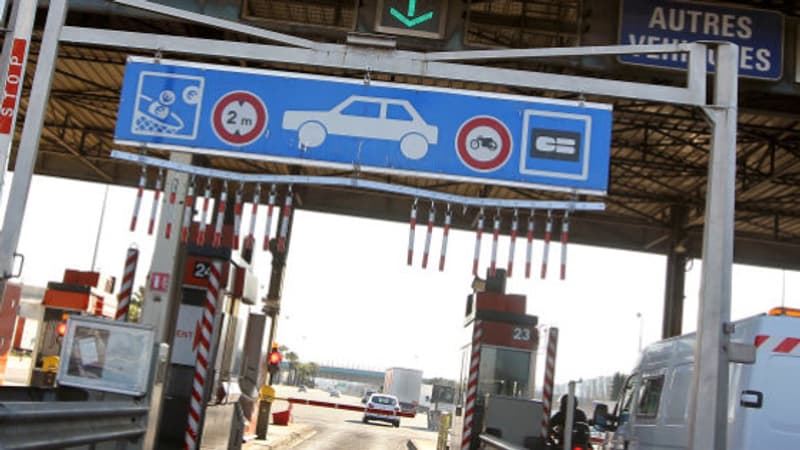The announcement again generated controversy. Highway tolls are expected to increase considerably on February 1, between 7 and 8%. Indeed, in the contracts between the State and the highway companies there is a formula for the annual revaluation of tolls that is decided in February and that takes inflation into account.
This increase in the midst of a purchasing power crisis is going badly, especially within the government. On BFMTV/RMC, Elisabeth Borne indicated on Monday that the discussions with highway companies are well planned to find solutions to “cushion” this increase.
“Inconceivable”
At the end of July, Clément Beaune clearly showed his rejection of such an increase. “I say it very clearly that, for me, it is inconceivable that there will be an increase next February, of 7% or 8%.”
However, a study by the firm Astarès shows that a reduction or even abolition of highway tolls would not benefit the most vulnerable households very little.
Thus, a possible abolition of tolls would generate a total annual gain in purchasing power of 1.1 billion euros for half of the poorest households, but it would cost the State 5 billion euros in lost tax revenue. A 10% reduction in tolls (which would correspond to halving the margins of motorway companies), would generate an average gain in purchasing power limited to 14 euros per year and per household, and only 7 euros for half of the most modest households”, we can read in a note.
Source: BFM TV


